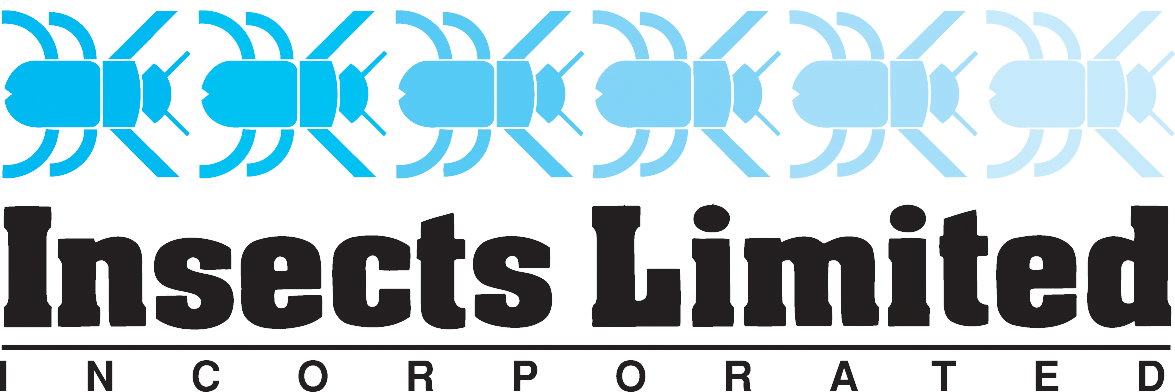PCT Magazine: Pest Management is Proactive
As seen in Pest Control Technology Magazine, November 2021, Pest Management is Proactive
“A program cannot work if the pest management professional is always putting out fires or implementing Band-Aid solutions. Pest management starts with considerable preventative effort and is complemented by a thorough monitoring and inspection program.”
One day during a food plant sanitation meeting, a question was raised about how much time the food sanitation department was to spend on various pest control duties. “Is our program proactive or reactive?” Curt Hale, entomologist and former coordinator of sanitation at General Mills in Cedar Rapids, Iowa, answered the inquiry with the following three-circle diagram representing well-balanced pest management: large circle, preventative; medium-sized circle, monitoring; and small circle, control.
Prevention
The large circle represents the importance of prevention and the total amount of time and effort that should be devoted to this task. Examples include cleaning up spilled products, caulking cracks, replacing screens on doors and openings, repainting the 18-inch white line on the perimeter of the warehouse to keep product away from the walls, inspecting ingredients and packaging materials, correcting improperly installed lights outdoors, replacing door sweeps that are worn out, inspecting wooden pallets for carpenter ants and other wood-destroying organisms, and sweeping and vacuuming spider webs in the warehouse, to name a few.
Prevention takes time and constant diligence, but it pays dividends in a balanced sanitation program.
Monitoring
The second circle represents the percentage of time and effort that should be devoted to monitoring for pests/rodents. Examples include pheromone traps (indoor and outdoor), mechanical wind-up traps, sticky board traps (blunder traps), inspection for signs of pest damage, black lighting for rodent urine and droppings, and inspection of suspect areas where these devices show activity.
Areas where temperatures are elevated should be carefully inspected and monitored. Warm motors will create a climate for optimum growth for insects and spiders. The presence of spiders is an excellent indicator of insect activity. It is imperative to check questionable code dates in pantries, quality control labs and on retention shelves. The vigilance of a fine-tuned monitoring program can offer early warning before a problem evolves into a customer complaint. It is important to start with the insect first in any pest management program.
Control
The third circle represents the control portion of a complete pest management program and should be the smallest circle in a balanced pesticide program. Too often, the control portion of a pest control program has the largest amount of effort and money expended with insecticides and shutdown time. It is often a crutch that is used to replace valuable cleaning and monitoring. Treatment should not be a supplement to preventative and monitoring programs.
The control program should not be used according to the calendar, but when justifiable. Outbreaks will occur in any pest management program, and pesticides are needed when these outbreaks occur, but the frequency of these outbreaks will be greatly reduced when a true integrated pest management approach has been based on the target pest and the history of the problems. The most important thing that needs to be considered when choosing a control product is protecting product integrity. Which is worse, a product infested with insects or a product with excessive illegal pesticide residues?
Take-Home Message
These three circles are a simple but effective model of how a true pest management program should be viewed. A program cannot work if the pest management professional is always putting out fires or implementing Band-Aid solutions. Pest management starts with considerable preventative effort and is complemented by a thorough monitoring and inspection program.
Finally, the safest control measures should be used, not according to the calendar, but when they are necessary.
This simple program has a very important message: Pest management is proactive instead of reactive.
Dave Mueller, B.C.E., is the founder of Insects Limited (www.insectslimited.com) and Fumigation Services & Supply, Westfield, Ind. He retired in 2018 and is an inductee in the Pest Control Hall of Fame.
Insects Limited, an Insect Pheromone Company
Insects Limited, Inc. researches, tests, develops, manufactures and distributes pheromones and trapping systems for insects in a global marketplace. The highly qualified staff also can assist with consultation, areas of expert witness, training presentations and grant writing.
Insects Limited, Inc. specializes in a unique niche of pest control that provides mainstream products and services to protect stored food, grain, museum collections, tobacco, timber and fiber worldwide. Please take some time to view these products and services in our web store.
